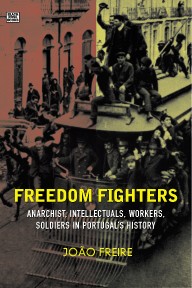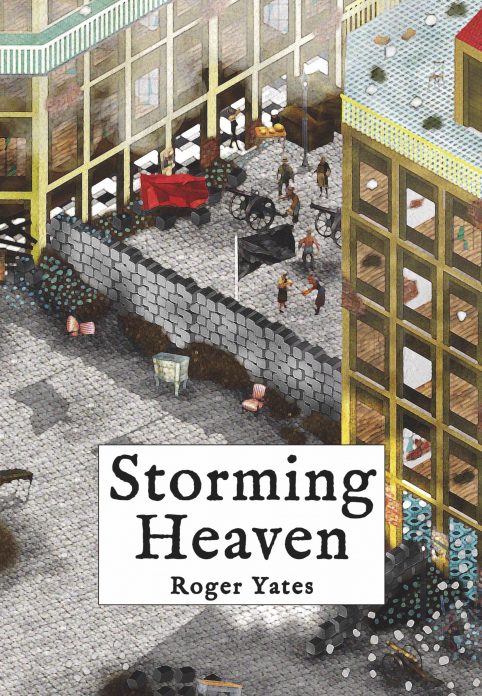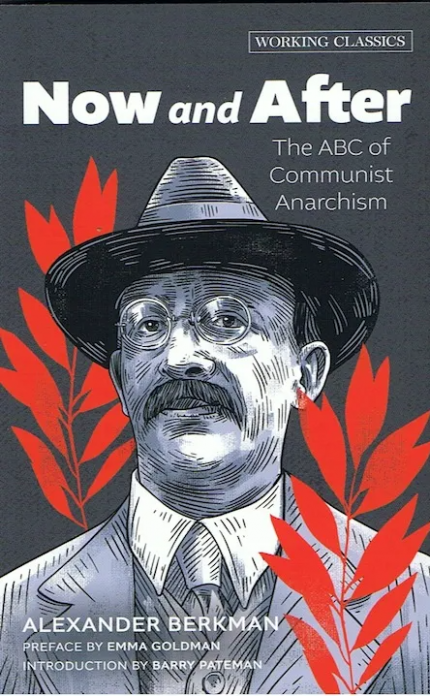Freedom Fighters
£12.50
Freedom Fighters: Anarchist Intellectuals, Workers, and Soldiers in Portugal’s History. by Joao Freire, Black Rose Books 2001
Description
Translated from the Portuguese by Maria Fernanda Noronha da Costa e Sousa
Freedom Fighters examines anarchist ideas and how these arrived in Portugal, and how the anarchist program gained popularity with both the working class and intellectuals, people who believed in the slogan ‘with neither God nor master.’
This fascinating history is traced from the beginning of the 20th century through the Spanish Civil War and the Second World War. The role of the anarchists during Salazer’s dictatorship is examined with much previously unknown documentation. Of particular interest is the history of the anarchists during the 1974 ‘Carnation Revolution’ and during Portugal’s emergence as a contemporary liberal democracy.
Freedom Fighters is now, and will remain for a long time, a necessary book to any who look to do new research on the subject. – Miguel Serras Pereira, Público, Lisbon
A coherent and solid work on Portuguese anarchism. – Alfredo Margarido, Anais, Lisbon
Freedom Fighters fills a large gap in the history and sociology of Portugal. Much of the analysis and documentation presented in this important work will help the contemporary reader to understand Portugal today.
Table of Contents
I – The Beginnings: XlXth Century til the republican revolution in 1910. It includes: the anarchist ideas; the Portugal in the XlXth Century; the socialist ideas in Portugal; the first stage of the Portuguese anarchism; echos of terrorism; the repression; republicanism and secret societies; labor unions and the strategic re-orientation of anarchism.
11 – Labor and Syndicalism: Industry and towns; the craft system; craft in decline; unions and members; the basic structure; confederate structure; the action; critics and alternatives; community supplies; the workers union movement; conclusions.
III – The anarchist movement: The militants; the groups; federations and conferences.
IV – Doctrines and practices: Doctrinary configurations; parliamentary politics; anti-clericalism and cooperation with republicans; war and anti-militarism; the revolution; the propaganda; law and violence; the margins; conclusions.
V – From Second World War II til now: The heavy years; the April revolution; the anarchism in democratic Portugal.
João Freire is a professor of Sociology at the University of Lisbon.
2001: 200 pages, photographs
Additional information
| Weight | 0.315000 kg |
|---|





